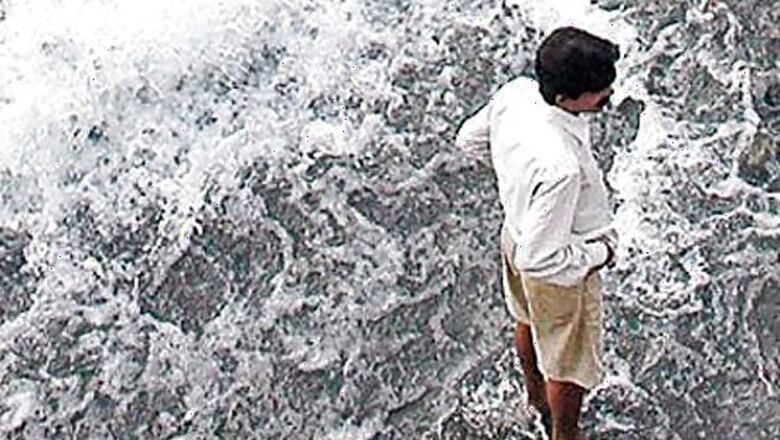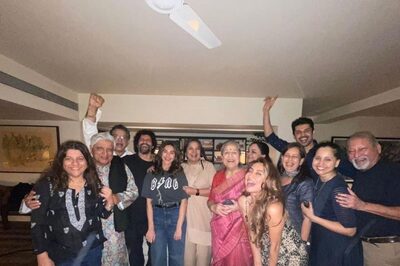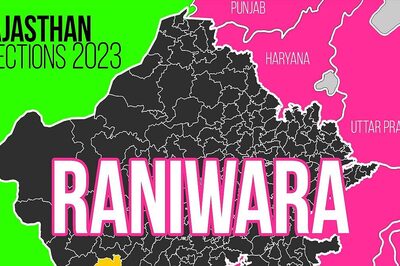
views
HYDERABAD: In the season of water woes comes another statistical surprise.The Unaccounted For Water (UFW) limit, or the quantity of distributed municipal water that is unaccounted (not traceable), has been found to be 35-40 per cent of the total water available for consumption in the city! This when the global average is just 20 per cent, with Singapore leading the pack at 18 per cent.Admitting that the issue needed to be rectified at the earliest, P Ravi Kumar, Deputy Chief Engineer of the Hyderabad Municipal Water Supply and Sewerage Board (HMWSSB), said that the reasons for high UFW factor could range from water leakage to water theft to illegal connections and even lack of accountability issues in billing and monitoring of the supply lines.Further elaborating on the issue, R Srinivasa Rao, DGM (Engg), said, “A number of illegal water lines and secondary water connections are in use.We do catch hold of them, after which their connection is snapped and they come over for regularising their connection.But since 2010 (when over 7,000 such connections were found after a special drive), no further drives have been initiated against the same.” Ravi Kumar maintained that the only solution to the problem apart from special drives was greater voluntary involvement on providing information about illegal connections, improving standards of equipment such as the water meter to ensure greater accountability in billing and arresting leakage.“Currently close to 5 per cent of the water distributed for residential and commercial purposes is lost due to leakages at various points and faulty pipes”, pointed out Ravi Kumar though he clarified that the quantity could be much lesser considering that water in Hyderabad wasn’t much polluted.“If there were indeed more leaks, the vacuum created inside the pipes would suck in external air and water which would affect the quality.But just a dozen or more cases from over 3623 samples collected daily show a drop in level of chlorine (less than 0.2 ppm is a sign of pollution in water), and we immediately rectify it”, he said.Further, if the leaks were higher than the above figure, then it should have helped replenish the ground water resources to an extent, which though wasn’t the case, he opined.Tankers waste 75,000 litres of water a dayThe 600-odd water tankers operating in the city together undertake close to 4,910 trips daily. A large chunk of these tankers though, are not fitted with lids on top, due to which on an average 15-20 litres of water is lost per trip.“15-20 litres is the minimum amount.If we are transporting the water to a far off place, or to a place above plain land the overflow is more”, said Munna, a tanker lorry driver.That means a cumulative loss of close to 75,000 litres of water on a daily basis, which is sufficient to meet the needs of around 600 people (at an average of 130 litres per person).Once summer sets in, the loss will be even more, since frequency of trips will increase. Majid, owner of a tanker at Somajiguda said that the loss was entirely the company’s since the tankers would be filled with 500-1000 litres extra.“We give customers at least a couple hundred litres more than the 5000 or 10,000 litres they order for. Anyway, the loss is just a small amount of 10 or 20 litres. So not a big problem” Maybe small drops maketh not a mighty ocean, after all.




















Comments
0 comment